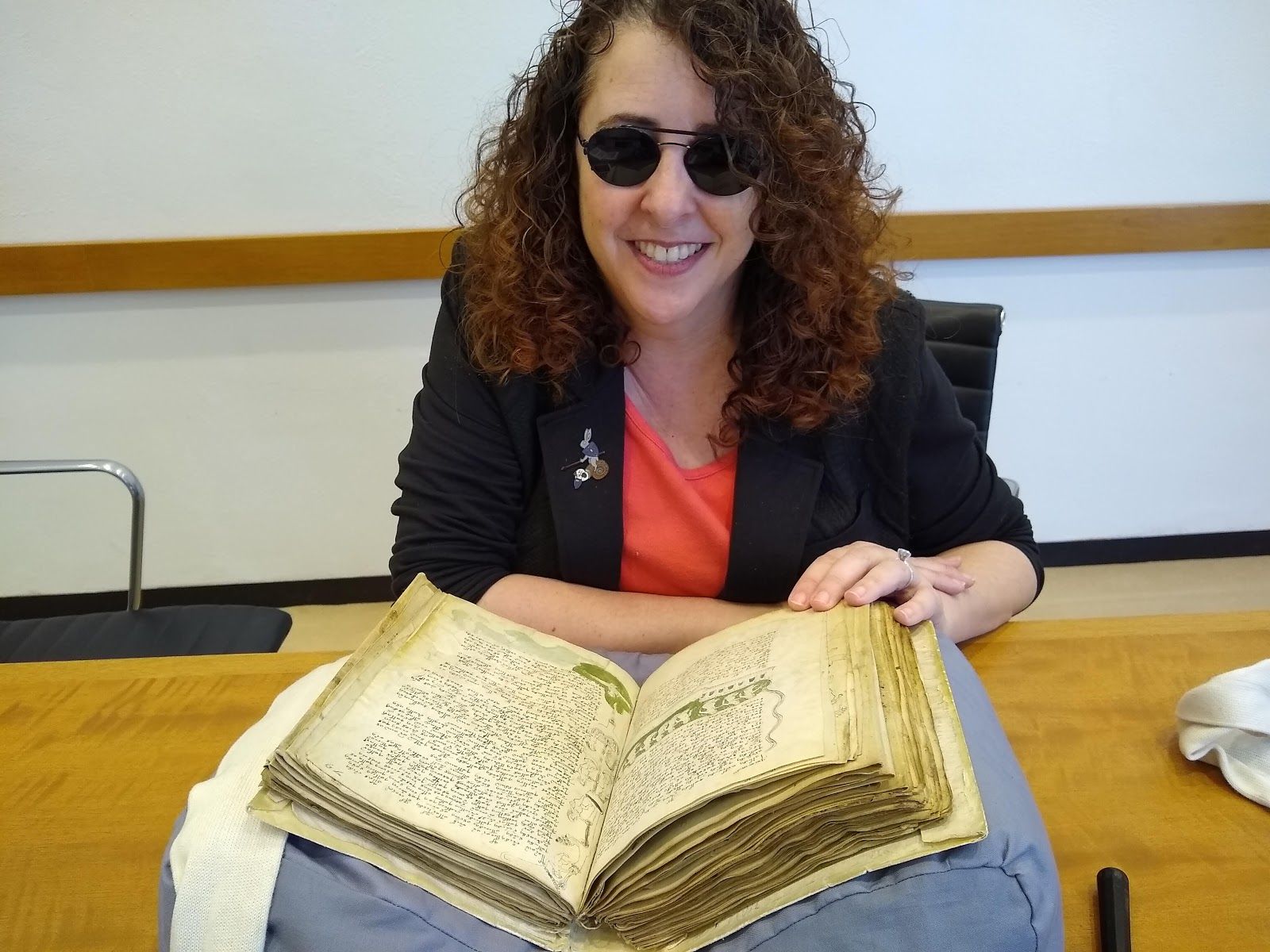L-145. Medieval Manuscript Fragments: Cataloging & Discoverability
Lisa Fagin Davis
Course Length: 30 hours
Course Week: 20–25 July 2025
Format: in person, University of Virginia in Charlottesville, VA
Fee: $1,495
The study of medieval manuscript fragments has developed into its own specialization in recent years, incorporating paleography, codicology, liturgiology, musicology, textual studies, art history, bibliography, provenance, and digital humanities, among other disciplines. Hundreds of North American collections house early fragments, whether binding waste, cuttings, or single leaves, and most of these are in need of effective description to facilitate discoverability. In this weeklong class—intended primarily for catalogers, curators, and librarians—we will focus on cataloging and discoverability. Topics include best practices in fragment-centric metadata modeling (MARC, ContentDM, TEI, Fragmentarium, and others); the benefits of IIIF embedded viewers; working with IIIF JSONs and manifests; conservation best practices; in situ vs. ex situ fragments; the ethics of collecting fragments; and a survey of the history of biblioclasm and the North American corpus of single leaves and binding fragments. Participants will learn how to interpret the layers of evidence in early manuscript fragments—identifying the original text, understanding its reuse, and tracing its modern history—in order to understand the complete story of a fragment from its origins to today.
Over the course of the week, students will have the opportunity to apply the methods and methodologies of fragmentology to their fragment(s), and share their progress and results with the class. If necessary, the instructor will facilitate temporary IIIF-hosting of images supplied by students. The course will combine lectures, show-and-tell, discussion, and group problem-solving break-out sessions.
Students should come to class with a fragmentological problem they wish to explore (for example, a mystery fragment or a series of related fragments) and have access to images of the fragment(s). Applicants’ personal statements should include a description of the problem and the status of related images.
Course History
Faculty

Lisa Fagin Davis
Lisa Fagin Davis received her Ph.D. in Medieval Studies from Yale University in 1993. She is a paleographer, codicologist, and bibliographer with a particular interest in pre-1600 manuscript fragments and collections in North America. She has taught Latin Paleography at Yale University and regularly teaches Manuscript Studies at the Simmons University School of Library and Information Science. She has served as the supervisor or principal investigator for several digital reconstructions of dismembered manuscripts using shared-canvas viewers and IIIF-compliant images. Her publications include the Catalogue of Medieval and Renaissance Manuscripts in the Beinecke Rare Book and Manuscript Library, Yale University, Vol. IV (with R. G. Babcock and P. Rusche, Tempe, 2004); The Gottschalk Antiphonary (Cambridge University Press, 2000); numerous articles in the fields of manuscript studies and codicology; and the monograph La Chronique Anonyme Universelle: Reading and Writing History in Fifteenth-Century France (a translation, critical edition, and detailed study of a fifteenth-century French world chronicle) (Brepols Publishers, 2015). With Melissa Conway, Davis is co-author of the Directory of Pre-1600 Manuscripts in the United States and Canada, published online by the Bibliographical Society of America. She has served as Executive Director of the Medieval Academy of America since 2013 and was elected to the Comité international de paléographie latine in 2019.
Full Bio »